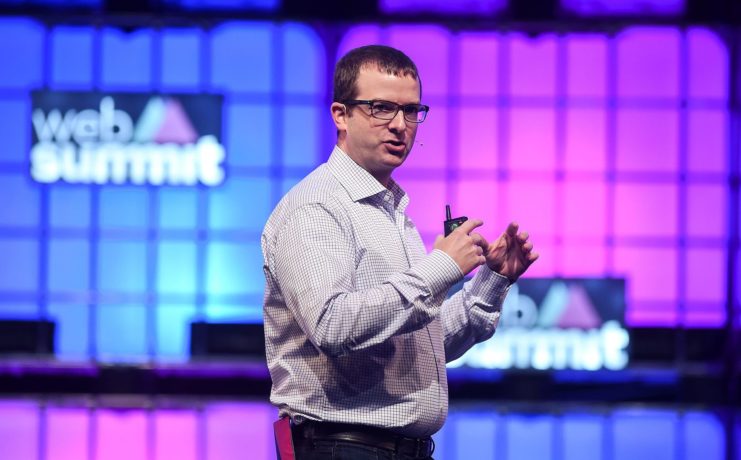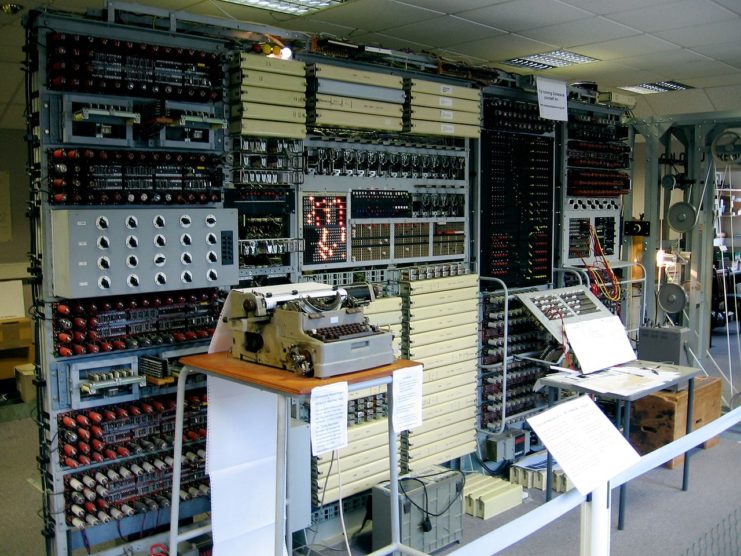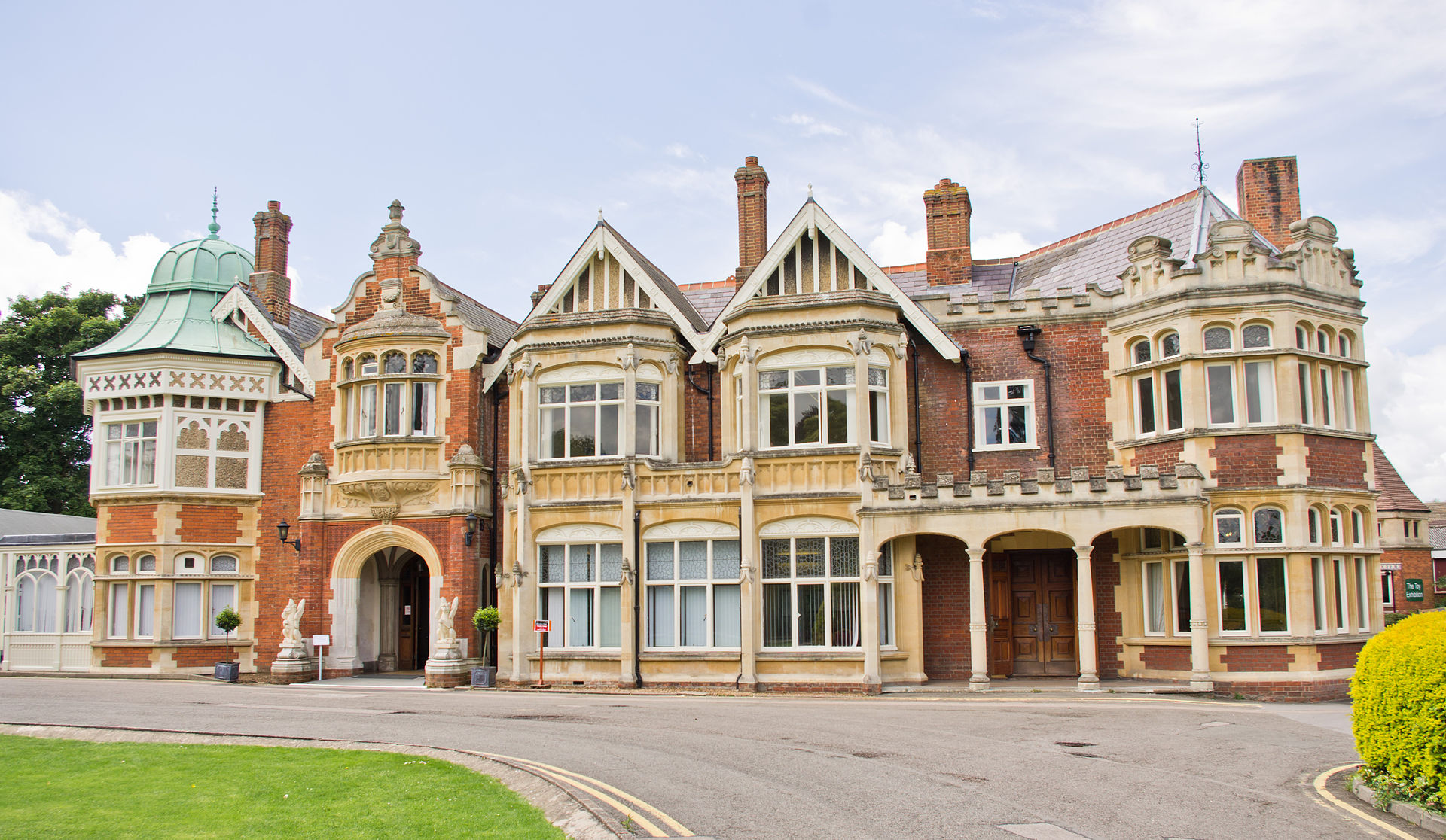During World War II, Alan Turing and his code-breaking team at Bletchley Park cracked the Nazi’s Enigma machine and enabled the Allies to read encoded messages. This contributed enormously to shortening the war’s duration, saving countless lives, and assisting the Allies to defeat Germany during the war.
Bletchley Park is now a top-rated museum and tourist hotspot, but with the COVID pandemic forcing the closure of many popular tourist destinations, the museum was facing a shortfall in revenue of £2 million.
With the COVID closure and no visitors to the Park, Bletchley was faced with retrenching 35 employees, amounting to a third of their workforce. Fortunately for this institution, Facebook and the Culture Recovery Fund have come to the rescue, and Bletchley has made up two-thirds of their shortfall.

The Culture Recovery Fund, set up by the UK Government, said that they would donate a sum of £447,000, leaving the museum to find almost one and a half million pounds to keep their doors open.
This is where Facebook took on the guise of a fairy godmother. The CTO of Facebook, Mike Schroepfer, wrote in a recent blog that Facebook would be donating most of the shortfall or £1 million. He went on to say that Facebook, as a company, believed that they were lucky to be involved with Bletchley Park and that Facebook would not exist today without the achievements of Bletchley.
The work undertaken by Alan Turing is still an inspiration to thousands of young engineers and research scientists.
The CEO of Bletchley Park, Ian Standen, said that with these two donations, Bletchley Park will be able to remain open for future generations to enjoy.
Facebook is correct when they say that without Bletchley Park and the work done by Alan Turing and his team, computers and the world as we know it today may not exist. The work done by Turing during World War II laid the foundation for the modern world’s computers.
The world’s first digital computer, named Colossus, was created and built here, as were the concepts that laid the foundations for computer science, artificial intelligence, and many technological devices and ideas that are commonplace today.

Facebook is not the only technology giant that has close ties to Bletchley Park. Technology giant, Google, have in the past, donated £550,000 towards a recent £15 million upgrade and refurbishment project. Google also hosts photographs and other content from Bletchley Park on the Google Cultural Institute site.
The irony that Facebook has, for many years, allowed entries denying that the holocaust occurred to be posted on its site is not lost. Finally, the tech giant has banned these posts, and now it has financially supported an institution that contributed significantly to the destruction of the Nazi regime.
Another Article From Us: Germany Pledges Over €550 Million to Holocaust Survivors
A Facebook Europe VP, Steve Hatch, reiterated the words of Mike Schroepfer, saying, “The historical achievements of Alan Turing and the Bletchley team have benefited all of us greatly, including Facebook, and we’re thrilled to help preserve this spiritual home of modern computing.”
